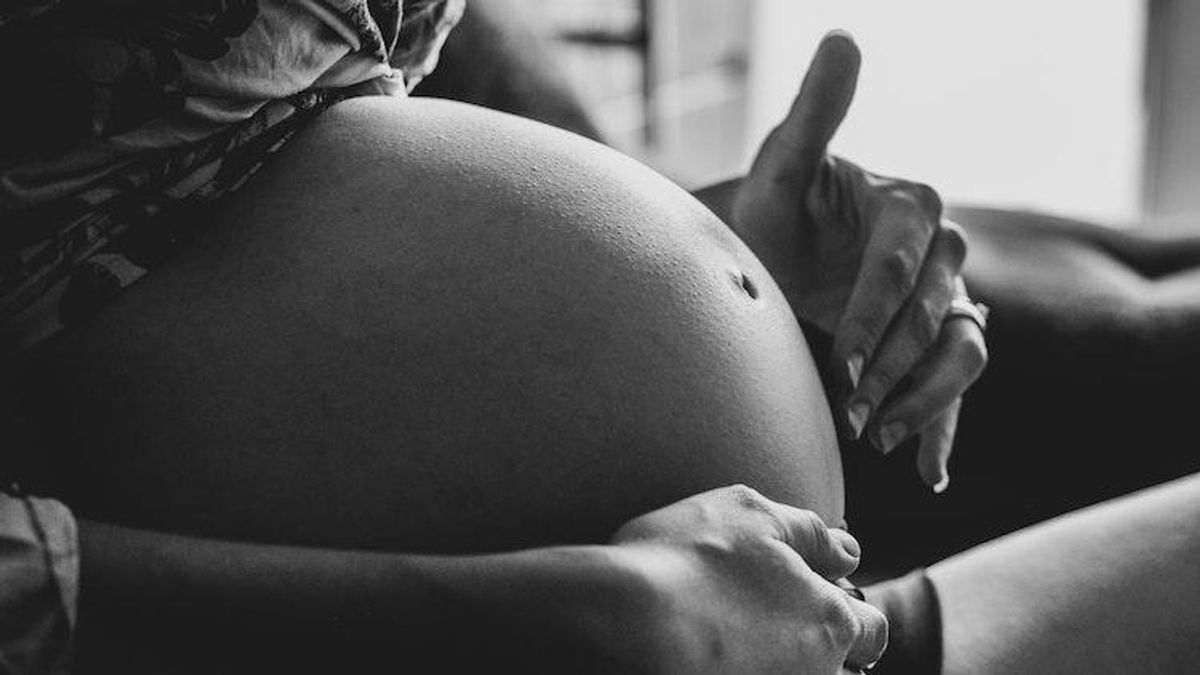The High Court of Kenya at Nairobi ruled that coerced sterilization of HIV-positive women is a violation of their human rights.
UNAIDS supported the decision in a press release, where Executive Director Winnie Byanyima said, “This decision is an important step in protecting the sexual reproductive health and rights of women living with HIV.”
The judgement comes after an HIV-positive Kenyan woman was coerced by professionals at a health facility to remove her ability to have children. This operation, without consent, was found to be a violation of her rights.
Women with HIV who adhere to antretroviral treatment have less than a one percent chance of passing the disease to their baby, but stigma and ignorance on the subject persists.
The plaintiff in the Kenyan case said in a statement that, “This was never about the money. I wanted to fight for justice for myself and all women who have had this experience, and to ensure this does not happen to other women who are living with HIV who need access to reproductive health services.”
The judgment in this case marks an important move forward for reproductive justice and closes the gap on eliminating the fundamental rights of those living with HIV.
A rights-based approach for HIV-positive women allows them to start a family, decide the number of children they want, have reproductive autonomy, and have the right to access quality services for support in their reproductive health journey. Decisions are made based on informed, safe, and voluntary consent, which is the fundamental right of all people, regardless of HIV status.
“We welcome the court’s decision,” said Allan Maleche, executive director of The Kenya Legal & Ethical Issues Network on HIV and AIDS. “Although it took a long time, we are happy that the court found the client’s rights had been violated, and particularly the finding of discrimination on the basis of sex and HIV status.”
Relatedly, part of the Global AIDS Strategy to End AIDS includes a central role for the promotion of human rights.













































































